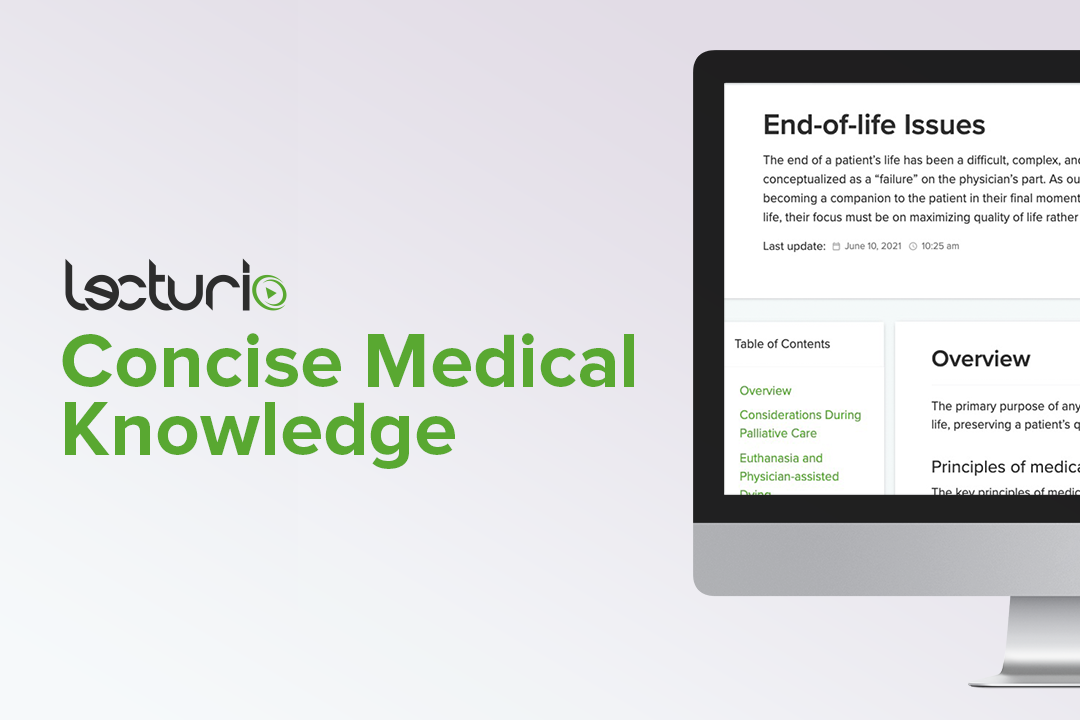Playlist
Show Playlist
Hide Playlist
The AMA Code of Medical Ethics on Organ Donation
-
Slides The AMA Code of Medical Ethics on Organ Donation.pdf
-
Reference List Clinical Ethics.pdf
-
Download Lecture Overview
00:00 Now that we've taken an overview of some difficult medical ethical decisions with regard to organ transplantation, let's take a look at the AMA Code of Medical Ethics opinions on organ transplantation. 00:12 In one opinion concerning organ transplantation guidelines, it was discussed that organ should be considered a national rather than a local original resource. 00:22 Geographical priorities in the allocation of organs should be prohibited except when the transportation of a given organ would threaten its suitability or viability for transplantation. 00:33 Also, patients should not be placed on the waiting list of multiple local transplant centers but rather on a single waiting list for each type of organ in order to prohibit a lack of equal access. 00:48 A second opinion concern transplantation of organs from living donors. 00:52 Though some individuals on the donor advocate team may participate in the care of the recipient, this team ideally should be as independent as possible from those caring for the recipient. 01:05 This can help avoid actual or perceived conflicts of interest between donors and recipients. 01:11 This also includes importantly a psychosocial evaluation of the potential donor to identify any disqualifying factors, address specific needs, and explore potential motivations to donate. 01:24 For example, patients with frank psychosis or other considerable mental impairments may not be ideal candidates for donation. 01:32 The 3rd opinion I wanted to elucidate was that of organ donation after a cardiac death, a very specific type of situation. 01:39 In these very difficult cases, life support is discontinued in or near the operating room so that organs can be removed promptly after death is pronounced. 01:49 The healthcare professionals providing care at the end of life should be distinct and separate from those participating on the transplant team to avoid any sense of conflict of interest. 02:01 In controlled donation after cardiac death, the decision to withdraw life support should be made by the patient or the patient's surrogate decision maker before, absolutely before, any mention of organ donation unless the patient or surrogate happen to bring that up spontaneously on their own. 02:20 With regard to the solicitation of the public for directed donation of organs for transplantation, the AMA has said the following: The healthcare team must fully evaluate the medical and psychosocial suitability of all potential donors regardless of the nature of the relationship between the potential donor and the transplant candidate. 02:41 Notice that the language here includes family member to family member donations. 02:46 A physician further should resist any sort of pressure to participate in a transplant that he or she believes to be ethically improper and should not pressure any others to participate if they have any refusal based on ethical or moral ground. 03:02 Furthermore, with regard to the issues of presumed consent and mandated choice for organs from deceased donors, presumed consent is the principle that deceased individuals are presumed to be organ donors unless they indicate their refusal to donate. 03:17 We do not currently have that situation in the United States. 03:20 Mandated choice is a separate but related concept where individuals are absolutely required at the time of performing some sort of a state-regulated task to express their preference regarding organ donation either in favor of or against going through with this.
About the Lecture
The lecture The AMA Code of Medical Ethics on Organ Donation by Michael Erdek, MD, MA is from the course Organ and Tissue Donations.
Included Quiz Questions
Which of the following is an organ transplantation guideline?
- There is no geographical priority in the allocation of organs.
- Organs are a state-level resource.
- Patients may be placed on multiple waiting lists for different organs.
- Organs can be transported only for 10 hours.
- Organs can be transported only for five hours.
Which statement regarding organ donation after cardiac death is true?
- The transplant team should be distinct and separate from the caregivers.
- Life support must be discontinued in a trauma bay.
- Life support must be discontinued in the ambulance.
- Organ donation must be determined before the withdrawal of life support.
- Only a spouse can agree to organ donation.
Customer reviews
5,0 of 5 stars
| 5 Stars |
|
5 |
| 4 Stars |
|
0 |
| 3 Stars |
|
0 |
| 2 Stars |
|
0 |
| 1 Star |
|
0 |




